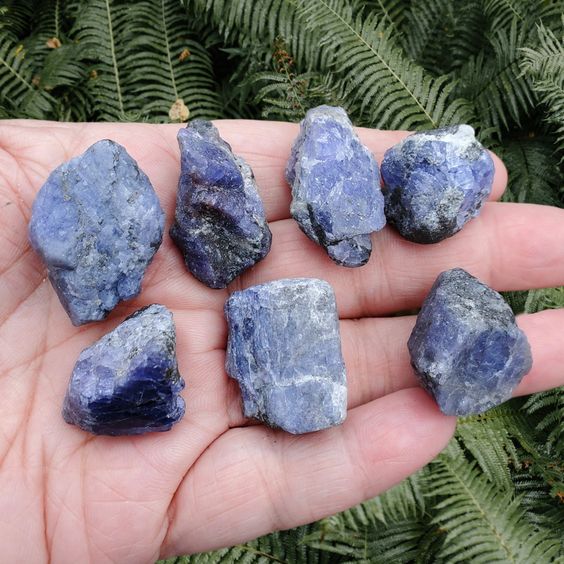HOMEOPATHY FOR THYROID ISSUES
What is the thyroid and what does it do?
The thyroid is a small butterfly-shaped gland in the neck, just in front of the windpipe (trachea). It produces hormones that affect things such as your heart rate and body temperature. Having too much or too little of these hormones can cause what we commonly refer to as “hormonal imbalance”, with various symptoms that can become serious, if left untreated.
Symptoms of Hypothyroidism
-weight gain (not caused by overeating)
-depression
-constant tiredness
-hair loss
Both men and women can be affected by this condition, although it is much more common in women. It occurs when the thyroid doesn’t produce enough hormones (the hyroid is underactive). A simple blood test from your doctor can confirm the hormonal levels and make a diagnosis, although in my experience, sometimes the test result is “borderline” and therefore unclear or not enough for the doctor to prescribe. Sometimes Hashimoto’s disease is mentioned as cause for the chronic symptoms.
Symptoms of Hyperthyroidism
-increased appetite
-inability to concentrate
-irritablity
-difficulty sleeping
-dizziness
-weight loss
An overactive thyroid produces too much of the T4 and T3 hormones and that causes these symptoms. Sometimes Graves Disease is diagnosed.
HOW HOMEOPATHY CAN HELP
While having an official diagnosis is helpful, homeopathy treats the totality of the symptoms, not the condition.
Conventional medicine looks at “fixing” the thyroid by either artificially stimulating it to produce more hormones, or inhibit the production of too many hormones.
The holistic approach looks at the whole of the individual and how the patient experiences the symptoms. The quality and intensity of the symptoms will point to a particular remedy and here a just a few:
Calcarea Carb: Its use is highly recommended in overweight people who are always chilly and cannot tolerate cold air. Excessive sweating on head is a typical symptom. Desire for carbs and sweets is very marked. This medicine for hypothyroidism can also help in relieving constipation in hypothyroid patients; the peculiar feature is that the first part of stool is hard and is followed by soft stool. This medicine proves to be very efficacious in women with hypothyroidism who suffer from very profuse menses that continue for long durations and occur earlier than the expected date. Coldness of feet is always present during the menstrual period.
Sepia: The patients requiring this medicine are very weak, have a pale yellow face and faint very easily especially on exposure to excessive cold temperature. Such patients lack vital heat of body and feel excessively chilly even in a warm room. This medicine can help in treating the menstrual complaints in patients of hypothyroidism where the menses appear too early and are copious in nature. The menstrual complaints are always accompanied by bearing down sensations in pelvis. Hair fall in peri-menopause or menopause. The patients requiring this medicine complain of very hard and difficult stool that is passed in small balls with excessive pain during the passing the stool process that continues for long time after the stool. The mental symptoms that are to be considered for its use in hypothyroid patients is extreme irritability and indifferent behaviour towards family members who were earlier very much loved. An unusual excessive craving for acidic things and pickles can also be present.
Lycopodium: This is an excellent thyroid Remedy. This medicine is mainly prescribed to those patients of hypothyroidism who suffer from digestion issues. There is excessive flatulence in the abdomen with acidity that is mainly worse after taking farinaceous food. The complaints are mainly worse from 4:00pm-8:00pm. There is constipation with difficult, hard, incomplete stool. The person craves hot drinks and hot food; craving for sweets may also be found. The person is very weak with yellowish face and blue circles around eyes. The excessive hair falling in a hypothyroid person can be wonderfully tackled with this medicine’s use. The patients requiring this medicine are of very irritable nature and cannot bear little contradiction.
Natrum Muriaticum is indicated when a hyperthyroid patient keeps on losing weight despite having good appetite. Patients get irritated very easily and get upset over little things or remain depressed and weeps when alone. Sensitive to hot climate and cannot bear the heat of sun. An unusual craving for salt in excess. The person looks very weak, especially around the neck region. The patient feels very weak especially in morning when in bed. This medicine will help in regularizing the menstrual cycle in women whose menses remain suppressed for too long (due to use of contraceptive pill).
Lachesis is indicated in hyperthyroidism with extreme heat. Patients cannot wear tight clothes and always keep their collars around the neck and the belt around the waist loose. This is accompanied with either excessive talkativeness or sadness with an aversion to do any kind of work. Women at menopause who complain of excessive hot flushes and palpitations. The menstrual flow is very less and the duration is short. Another leading indication is complaint of pounding of heart or palpitations with episodes of fainting. Worsening of the condition during sleep is a prominent symptom for the use in these patients.
Phosphorus is a good medicine to treat hyperthyroidism in tall and thin patients who are very sensitive to external impressions like touch, odor, and light. This medicine can be used for treating chronic diarrhea with hyperthyroidism. The patient complains of profuse and offensive stool with extreme weakness. Appetite of such persons increases and they feelhungry immediately after eating. It helps in controlling excessive hairfall where the patient complains of falling of hair in bunches. Patients have craving for meat, salty things, cold drinks and ice creams.
For more information on this subject, click here.



